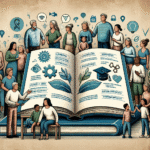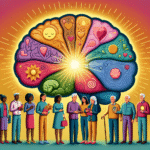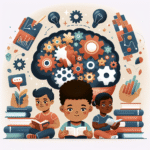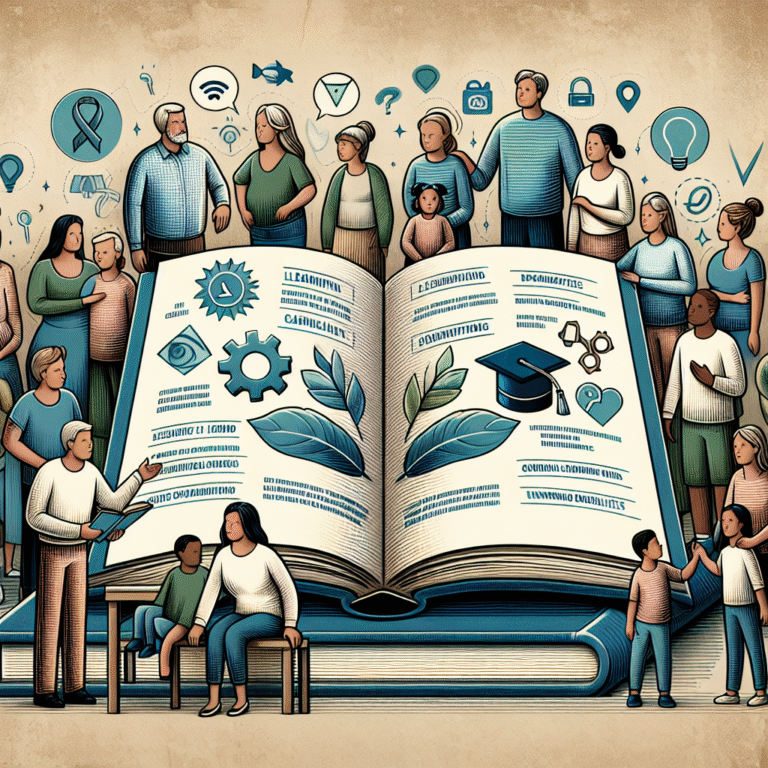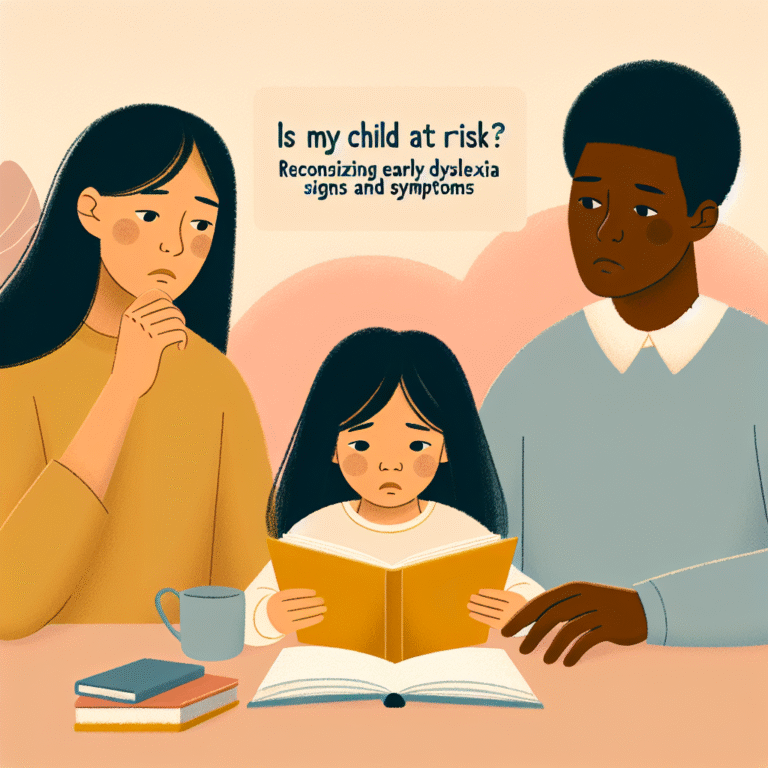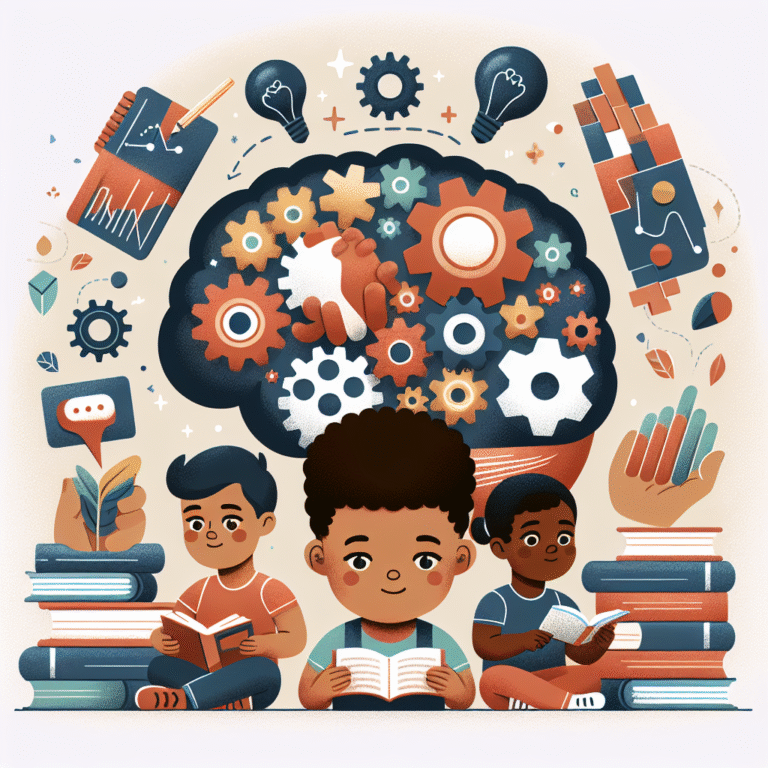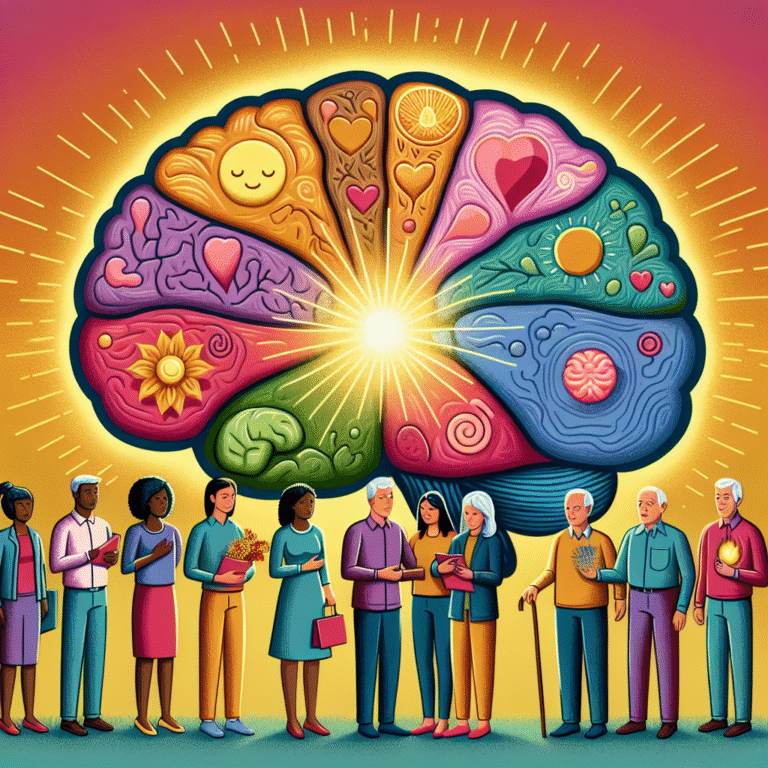
From Labels to Leaders: Inspiring Self-Confidence in Learning Disabled Young Adults
Introduction: Breaking the Chains of Labels
In a world overflowing with labels, young adults with learning disabilities often find themselves boxed in by societal perceptions. Terms like "dyslexic," "autistic," or "ADHD" can overshadow the multifaceted individuals beneath them. From Labels to Leaders: Inspiring Self-Confidence in Learning Disabled Young Adults isn’t just a concept; it’s a movement aimed at dismantling these limiting labels and empowering young adults to embrace their unique abilities and potential as leaders.
Why is this crucial? According to the National Center for Learning Disabilities, one in five children in the U.S. has learning difficulties. Unfortunately, many of these young adults carry their labels into adulthood, often struggling with self-esteem, isolation, and a misunderstood identity. By shifting the focus from diagnosis to potential, we can inspire a new generation of leaders who redefine what success looks like.
Understanding the Impact of Labels
The Emotional Burden of Labels
Labels can be a double-edged sword. While they can provide validation and access to resources, they can also confine and stigmatize. Research shows that young adults with learning disabilities often experience mental health issues, such as anxiety and depression, stemming from feelings of inferiority and social rejection.
Real-World Impact: Case Study Analysis
Consider the case of Sam, a 22-year-old diagnosed with dyslexia. From a young age, educators and peers emphasized his struggle with reading, leading Sam to internalize a negative self-image. After participating in a self-advocacy program, he learned to embrace his strengths in problem-solving and creativity. Today, he leads a community initiative designed to educate others about learning disabilities, demonstrating that labels don’t define one’s future.
Table: Emotional Responses to Learning Disabilities
| Emotional Response | Description |
|---|---|
| Anxiety | Many experience heightened anxiety due to the stigma associated with their labels. |
| Inferiority Complex | Constant comparison can lead to feelings of inadequacy. |
| Resilience | Some find strength in their challenges, leading them to become advocates for themselves and others. |
| Advocacy | A growing number turn their experiences into leadership roles, focusing on empowering others with similar backgrounds. |
The Power of Self-Confidence
Building Blocks of Self-Confidence
- Access to Resources: Appropriate educational tools and support systems can give young adults the resources they need to thrive.
- Positive Role Models: Seeing others with similar backgrounds succeed can foster belief in one’s own capabilities.
- Skill Development: Workshops that focus on honing individual strengths can reshape the narrative from deficiency to skill.
Case Study: Empowering through Community
Take the example of Maria, a young adult with ADHD who struggled with traditional education methods. After joining a local mentorship program, she discovered her passion for digital marketing. With tailored support, she transitioned from feeling inadequate to successfully leading projects for local businesses. Her story emphasizes how community involvement can provide the encouragement and skills necessary to shift from labels to leadership.
Chart: Self-Confidence Development Stages
| Stage | Description |
|---|---|
| Awareness | Understanding personal strengths and challenges. |
| Acceptance | Embracing one’s learning differences as part of their identity. |
| Growth | Engaging in activities that cultivate self-efficacy and leadership skills. |
| Leadership | Taking active roles in community or advocacy efforts, demonstrating growth and confidence. |
Strategies for Inspiring Self-Confidence
1. Create an Inclusive Environment
Inclusive settings where learning disabled young adults can express their thoughts without judgment empower them. This includes schools, workplaces, and community groups that foster understanding.
2. Promote Self-Advocacy Skills
Young adults must learn to speak up for their needs. Workshops focusing on communication and self-advocacy can turn their challenges into platforms for leadership.
3. Champion Diverse Learning Styles
Everyone learns differently. Educators and employers need to embrace diverse approaches, tailoring their methods to suit individual strengths, further reinforcing self-belief.
4. Celebrate Small Wins
Recognizing achievements, no matter how small, boosts motivation and confidence. Acknowledging progress can shift the focus from deficits to accomplished milestones.
5. Encourage Shared Experiences
Creating spaces for individuals to share their stories fosters connection. Peer support groups can be transformative, offering inspiration and encouragement through collective experiences.
Conclusion: The Call to Action
From Labels to Leaders: Inspiring Self-Confidence in Learning Disabled Young Adults is more than just a quest; it’s a vital mission to empower the next generation. As families, educators, and communities, we hold the responsibility to dismantle negative perceptions and cultivate environments where young adults can thrive.
Let’s commit to recognizing potential over limitations, nurturing self-confidence, and providing the resources necessary for every young adult to rise as a leader in his or her own right. The journey from labels to leadership starts with each of us.
FAQ Section
1. What types of learning disabilities are most common among young adults?
Common learning disabilities include dyslexia, ADHD, and autism spectrum disorders. Each presents unique challenges but also offers distinct strengths.
2. How can parents support their learning-disabled young adults?
Parents can support their children by advocating for appropriate educational accommodations, encouraging self-advocacy, and being active listeners to their experiences.
3. What role do educators play in shaping self-confidence?
Educators can have a profound impact by using inclusive teaching methods, promoting resilient attitudes, and focusing on individual strengths rather than challenges.
4. How can peers assist in fostering self-confidence?
Peers can foster confidence by providing support, creating inclusive environments, and celebrating successes, regardless of how minor they may seem.
5. What community resources are available for learning-disabled young adults?
Many organizations offer mentorship programs, workshops, and advocacy resources. Local nonprofits often provide tailored support specifically for young adults with learning disabilities.
By continuing to engage in conversation around these topics and providing essential resources, we can transform lives and navigate the journey from labels to leaders, empowering every young adult to unleash their potential.
